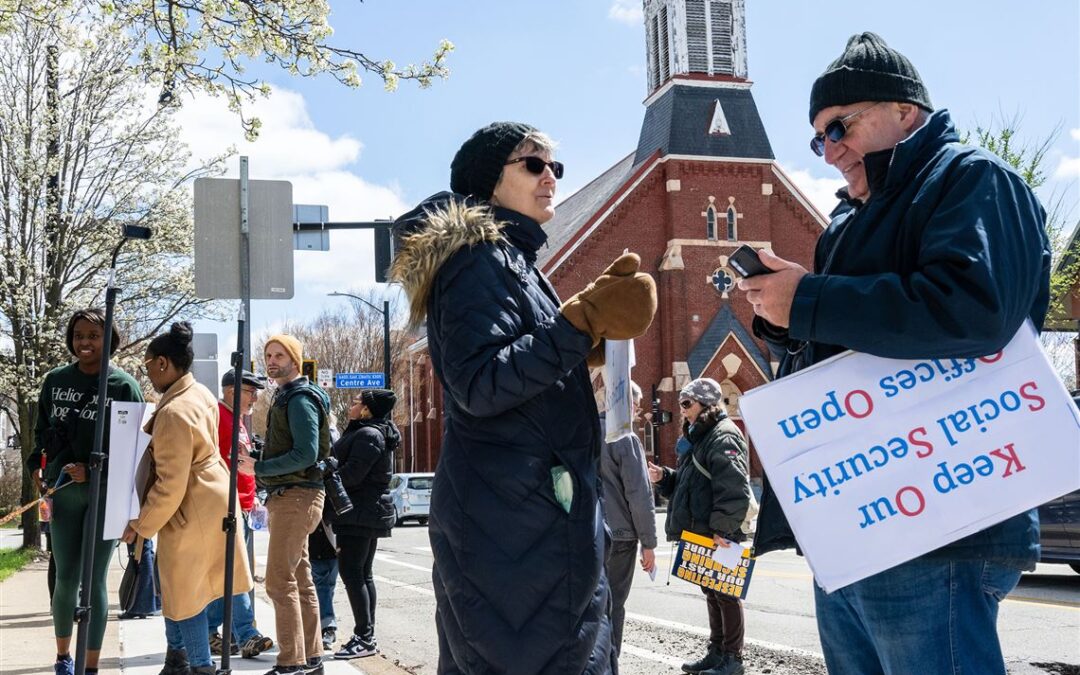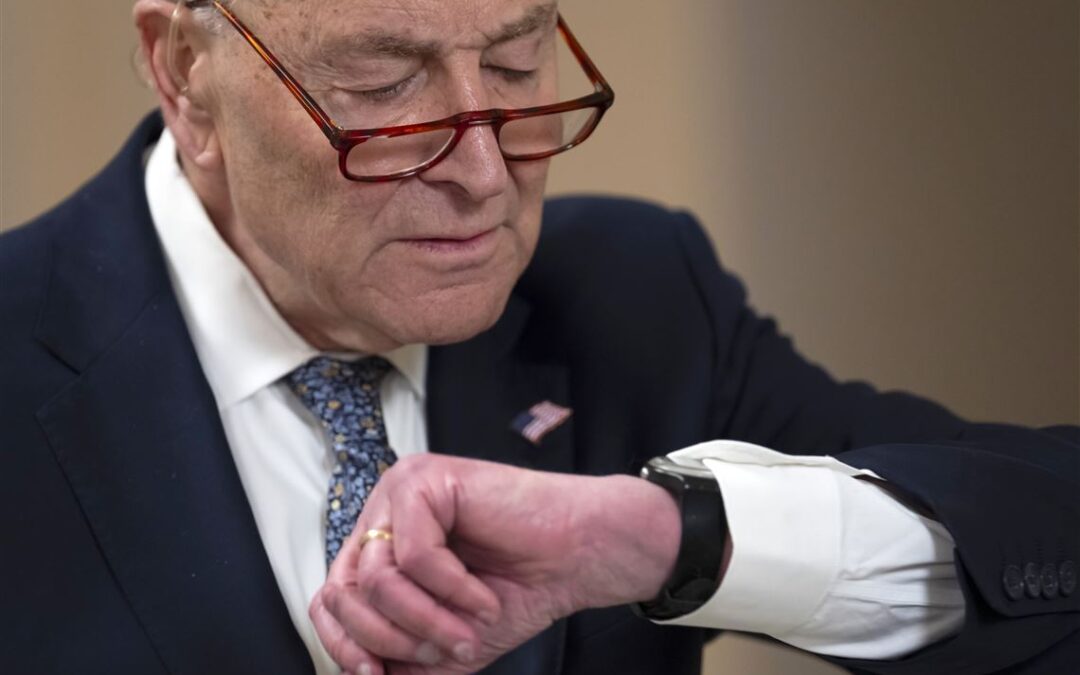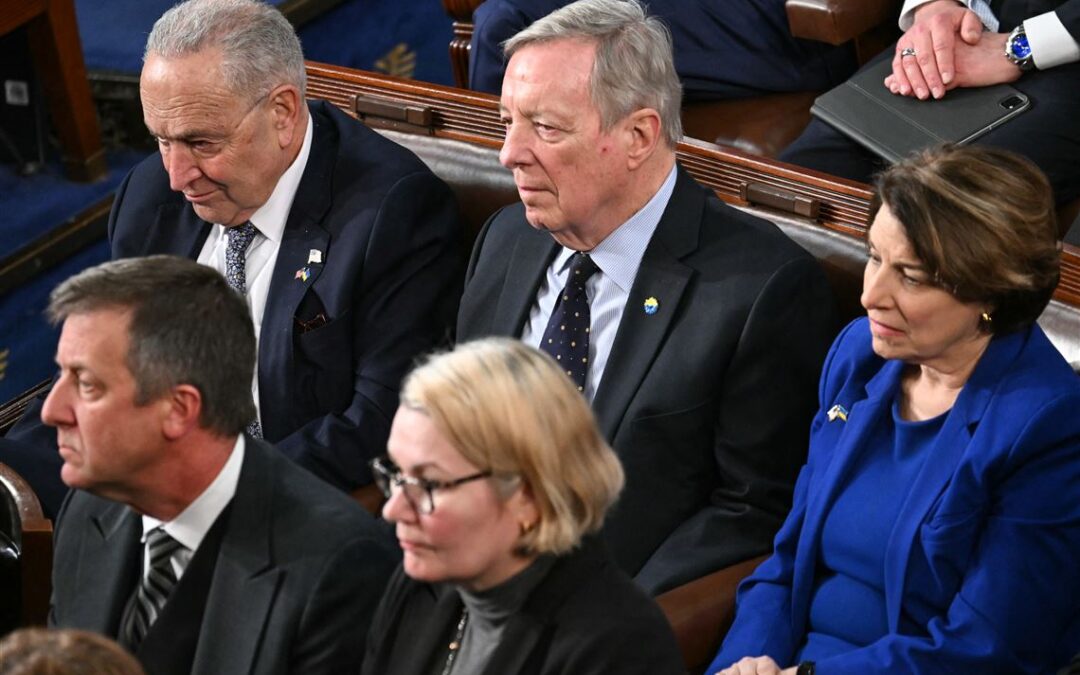We can end the real problem of independent spending by eliminating contribution limits. My column in the Pittsburgh Post-Gazette.
Bruce Ledewitz: How to stop campaign spending from corrupting elections
Special to the Post-Gazette
Oct 28, 2024
5:30 AM
What problem is campaign finance reform supposed to fix? Some say it is the extreme amount of spending in politics. For example, I don’t know who will win the presidential election, but I can confidently predict that this will be the most expensive presidential campaign in history.
I am confident in that prediction not just because of the large sums of money being spent in swing states like Pennsylvania; Practically every presidential election is the most expensive in history.
Liberal errors
It is estimated that the two major candidates, Vice President Kamala Harris and former president Donald Trump have raised around $1.5 billion so far. That sounds excessive until you realize that in 2022, $8 billion was spent advertising prescription drugs.
The effect of all that money is that every American has had a chance to hear from and about the candidates. That is a good thing. Spending per se is not a problem.
Liberals used to think that Republicans would always have a spending advantage and thus an advantage in elections. So it was necessary to limit spending.
But former President Barack Obama exploded that myth. It turns out that there are a lot of wealthy Democrats and that upper income voters slightly favor that party. If Harris loses, it won’t be because she was outspent.
Liberals also thought that monied interests would dominate the early stages of the process and thus determine which candidates were nominated for office. In 2016, then-candidate Trump showed that this is not true. Trump spent relatively little money that year wresting the Republican nomination for President away from far better funded candidates.
The real problem in campaign finance is independent spending. It is estimated that outside groups — largely super PACs and hybrid PACs — will spend close to $3 billion on races in this federal election cycle. That advocacy is concerning for two reasons. First, voters usually do not know who is behind independent advertising. The groups that spend the money are hard to track. They may have agendas that voters do not understand.
Second, the ads themselves are often misleading and harmful. Some of the independent ads attacking Harris on immigration are racist and that anti-Trump airplane ad flying around Acrisure Stadium before the Jets game was crude and insulting.
Most voters do not know the difference between a candidate’s campaign spending and independent spending. Nor do they know that candidates lack direct control over independent spending.
Uncontrolled free speech
Candidates cannot ask that independent advertising be changed or curtailed. The reason for this is that the U.S. Supreme Court held in Buckley v. Valeo in 1976 that contributions to a candidate can be restricted because of the potential for bribery and corruption, but that independent spending on behalf of a candidate cannot be limited because of the First Amendment.
The distinction between contributions and private speech is enforced by prohibiting candidates from coordinating — i.e., having any say over — independent spending. Truly independent spending is private speech. But, if a candidate coordinates independent spending, that spending ceases to be private speech and becomes an illegal campaign contribution.
This system creates bizarre incentives. Outside groups campaign in ways candidates would not dare to do and then candidates plead innocence over the resulting messages. The most infamous example of this were the misleading swift boat ads in 2004 that challenged the military record of Democratic Party presidential candidate U.S. Sen. John Kerry. President George W. Bush benefited politically from the ads and, given his own scant military record, would never have run them himself. But Bush correctly pointed out that legally he could not stop them.
An obvious, but counter intuitive, solution to this problem is to abolish all campaign contribution limits. This would have two advantages. It would free candidates from some fundraising. Under current law, super PACs can raise unlimited amounts of money in large donations. Candidates, on the other hand, must waste their time constantly seeking relatively small donations. The contribution limit does not prevent corruption because candidates are free to reward large contributors to supporting PACs once they are elected.
Second, eliminating contribution limits would make candidates responsible for all efforts expended on their behalf. Probably the total amount of spending would be unaffected by the change. And there might well continue to be independent spending. But there would no longer be any need to prohibit a candidate from coordinating with such independent spending. The candidate would be free to tell a super PAC how its money should be spent.
Back to the old ways
In such a system, voters could demand that false and misleading spending by allied groups be ended. If a candidate then failed to rein in irresponsible activity by supporters, voters could hold the candidate responsible. Some of the worst excesses in campaign ads would disappear.
It might even happen that if these PACs could be told what to do by a candidate they would not bother to spend money at all. We might go back to a system in which the candidates for office, rather than outside interests, controlled the election. That would be a finance reform worth having.
Bruce Ledewitz is a professor of law at the Thomas R. Kline School of Law of Duquesne University. His previous article was “What can presidents do? And not do?”. The views expressed do not represent those of Duquesne University.
First Published: October 28, 2024, 5:30 a.m.
Updated: October 28, 2024, 8:08 a.m






0 Comments